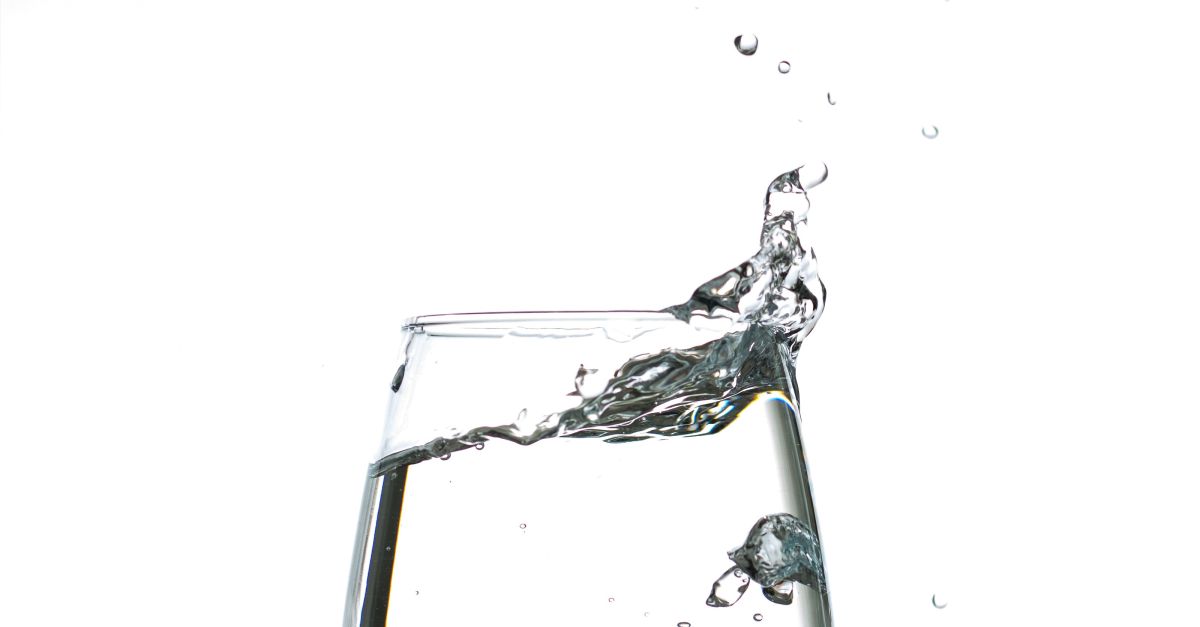
ENVI VOTE ON THE DWD 10 September 2018
On Monday 10 September, the ENVI Committee of the European Parliament adopted the Report of MEP Michel Dantin on the Drinking Water Directive.
Almost all the compromise amendments adopted represent an improvement of the European Commission proposal
- The categories of water suppliers are better defined
- The Indicators parameters are reintroduced
- The sampling and monitoring frequency is much more reasonable compared to the Commission proposal
- The responsibilities and roles of water operators, competent authorities and other stakeholders in the Risk-Based Approach are allocated ina clearer and more rational way
- A new article finally introduces a framework for EU-wide hygienic requirements for the materials and products in contact with drinking water
- The authomaticity by which any trivial exceedance of parametric values would be considered a danger to human health is gone
- The access to water is better framed to allow competent authorities to take appropriate measures to ensure the human right to water in the EU
- The article and annex on the information to consumers are made more coherent
- The possibility for Member States to ask for derogations is re-inserted in the text
It is a pity that the ENVI Committee disregarded the WHO recommendations on part of the Microbiological Parameters (Annex I Part A) and on the Chemical Parameters (Annex I Part B). Indeed, it seems that all MEPs from the S&D, ALDE, Greens/EFA, GUE, EFDD, ENF voted in favour of keeping the values proposed by the Commission.
The WHO advised the Commission against the inclusion of the three EDCs in Annex I B "routine monitoring for the full range of EDCs would currently be difficult, expensive and not effective at preventing contamination of drinking-water. It is therefore not recommended to include provisions for EDCs in Annex I Part B” (page 80-81) the MEPs confirmed the Commission approach.
MEPs even adopted a stricter value for PFAS Total (down to 0,3 from the original 0,5 microgram/litre). It is not clear which scientific study MEPs considered while introducing this new value. They did not accept to draw a difference between short-chain and long-chain PFAS either: this position would result in huge changes for sustainable water management, since water operators will be obliged to go for reverse osmosis to comply with the Directive.
This would mean that the EU enviromental legislation, currently based on the polluter-pays principle, will be based on the consumer-pays principle. In fact, instead of controlling/banning the PFAS pollution at the source (regulating the emisssions of PFAS in rivers and lakes by industries) and make pulluters pay, there will be a push for the end-of pipe treatment at the waterworks, accompanied by higher water bills for consumers.
Is this really sustainable?
The Plenary vote is scheduled for the end of October.
Carla
Water matters. EU matters.
- Created on .